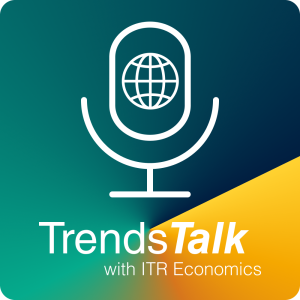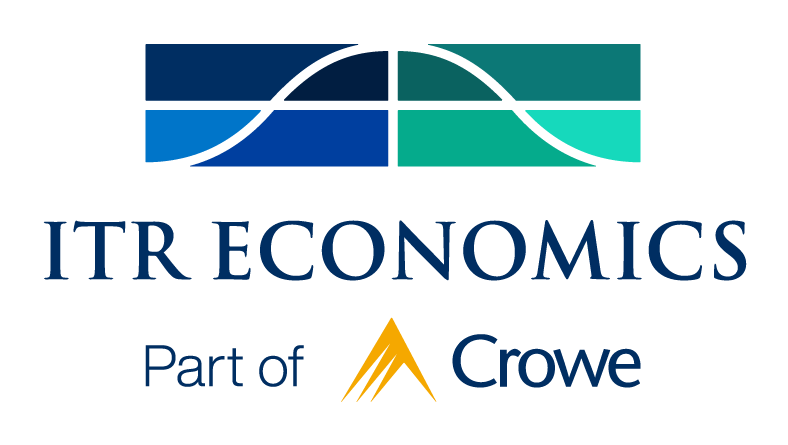TrendsTalk
- Home
- TrendsTalk

TrendsTalk With ITR Economics
A podcast-style show for business leaders who are interested in making informed, profitable decisions.
Our objective? We pride ourselves on being first in forecasts worldwide. We deliver the best economic intelligence so you can approach crucial decisions with reliable foresight and meet or exceed your business goals.
Listen as we discuss market- and industry-specific topics leaving you with answers to, “What’s next?” and “How should I be preparing?”
"Whether you are a curious layperson or an industry professional, TrendsTalk is your go-to source for thought-provoking analysis and a deeper understanding of the economic forces shaping our world.”

Taylor St. Germain
Economist and Senior Consulting Speaker



















